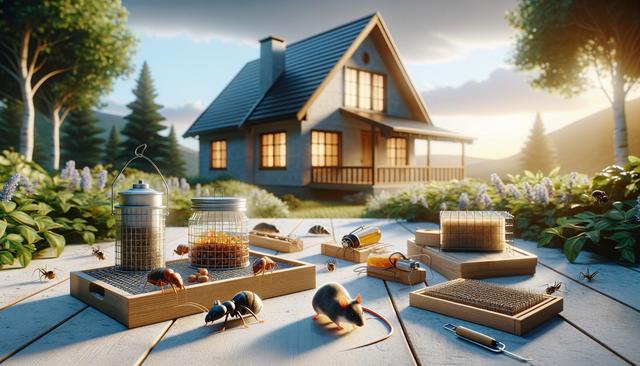
Unlock the Benefits of Composting at Home
Composting at home is an environmentally friendly practice that not only reduces waste but also enriches your garden soil. Imagine transforming your kitchen scraps and yard waste into nutrient-rich compost that can help your plants thrive. Let’s explore the benefits of composting at home and how you can start your own composting journey today.
Why Composting at Home is Beneficial
Composting offers numerous advantages, both for the environment and your garden. According to the U.S. Environmental Protection Agency (EPA), food scraps and yard waste make up about 30% of what we throw away. By composting, you can significantly reduce the amount of waste sent to landfills, thus lowering greenhouse gas emissions.
“Composting is nature’s way of recycling organic waste into valuable nutrients for plants,” says an expert from the EPA.
Environmental Impact
When organic waste decomposes in a landfill, it produces methane, a potent greenhouse gas. Composting, on the other hand, leads to aerobic decomposition, which produces carbon dioxide and water instead of methane. This simple switch can have a profound impact on reducing your carbon footprint.
Soil Health and Productivity
Compost adds essential nutrients to the soil, improving its structure and fertility. A study from the University of California found that adding compost to soil can increase its water retention capacity by up to 20%. This means healthier plants and less need for chemical fertilizers.
Personal Anecdote
I started composting a few years ago, and the difference in my garden has been remarkable. My plants are more vibrant, and I feel good knowing that I’m reducing my waste. Plus, it’s a fun and educational activity for the whole family.
How to Start Composting at Home
Choose Your Composting Method
There are different ways to compost, and the method you choose will depend on your living situation and personal preferences:
- Backyard Composting: Ideal for those with a garden. You can use a compost bin or create a compost pile.
- Vermicomposting: Uses worms to break down organic waste. Great for indoor composting.
- Bokashi Composting: A fermentation process that works well in small spaces.
What to Compost
| Compostable Items | Non-Compostable Items |
|---|---|
| Fruit and vegetable scraps | Meat and dairy products |
| Coffee grounds and filters | Oils and fats |
| Eggshells | Pet waste |
| Grass clippings | Plastic |
| Leaves | Metal |
| Tea bags | Glass |
| Shredded paper | Treated wood |
| Yard waste | Synthetic chemicals |
Maintaining Your Compost
Keep your compost healthy by maintaining a balance between green (nitrogen-rich) and brown (carbon-rich) materials. Turn your compost regularly to aerate it and speed up decomposition.
FAQs
FAQ
How long does it take for compost to be ready?
Compost can take anywhere from a few months to a year to be ready, depending on the materials used and how often the pile is turned.
Can I compost during the winter?
Yes, you can compost during the winter. The process may slow down, but it will continue. Insulating your compost pile can help maintain the temperature.
What should I do if my compost smells bad?
Bad smells usually indicate that your compost is too wet or lacks oxygen. Turn the pile and add more brown materials to balance it out.
Conclusion
Composting at home is a simple yet effective way to reduce waste and enrich your soil. By following the tips and advice provided in this guide, you can start your own composting journey and reap the benefits. Remember, every small step towards sustainability counts. Happy composting!


